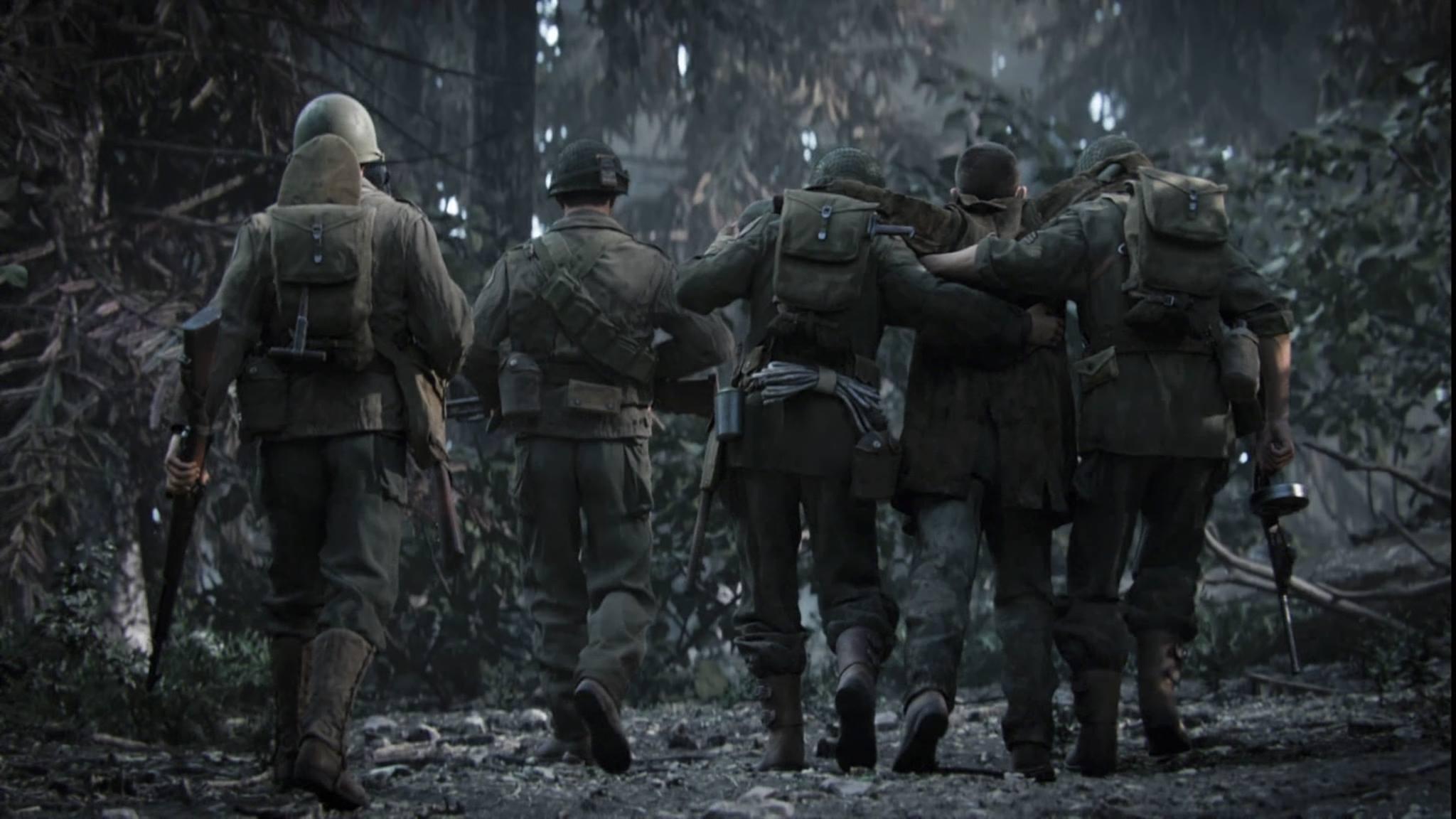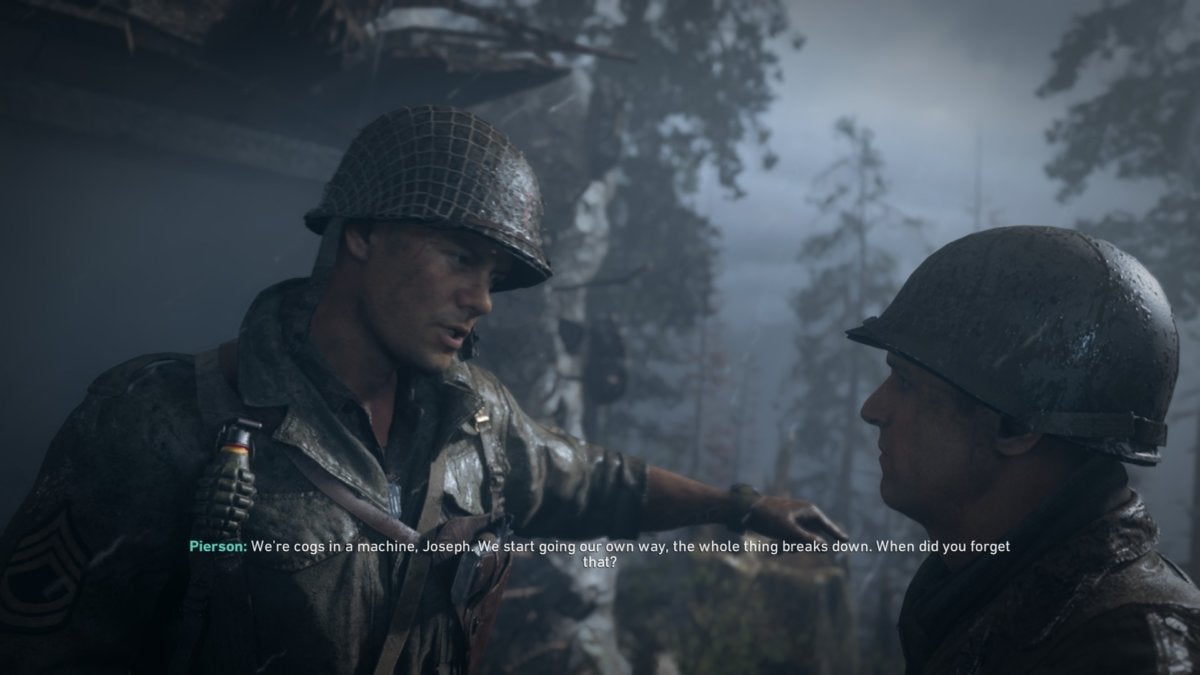
Sure, you don't have to look far to find the slight bug-eyes or glassy stare that have long been realtime-rendered characters' tell, but the degree to which it is ameliorated in CODWW2 is truly startling. There's all sorts going on in the above scenes - the way NPCs meet each others' eyes, subtle furrowing of brows, raising of eyebrows and pursing of lips that's a long way on from the shifting plates and hinged jaws of yore. I experience a degree of discomfort with it that I haven't from anything else - not the uncanny valley, but rather this new sense of seeing a range of micro-emotions pass across these men's faces. These were all captured in-game at maximum settings and 3440x1440 resolution, and have been cropped, resized and compressed subsequent to that, for the record.Īgain I am not arguing that the facial singularity is here, but instead that, very quietly, COD seems to have made a significant step forwards in face-rendering specifically.

But they stuck the course, and look where they wound up:
#CALL OF DUTY WW2 ONLINE GRAPHICS PLUS#
My dumbfounding when I saw CODWW2's faces was not "aaah computer people are real, time to run away and live in the woods", but more "wait, those are convincing faces, with a sense of life and individuality to them that I've never quite seen before." Followed by "I do not want to watch these remarkably believable computer people suffer and die."ĬOD has always pursued a photoreal approach to art and graphics, which has always carried the peril of not looking convincing enough - plus it means a COD from five years ago has dated visually an awful lot more than a more stylised game such as Team Fortress 2. I'll try not to tilt into hysteria here - clearly, if an image of a CODman was placed next to a real meatbag, I'd be able to tell the difference in less than a heartbeat. Then I played Call of Duty: WW2, and the first cracks appeared in the walls of reality.Īll of sudden, videogames can do faces.

Real, believable people conjured from our graphics cards would surely remain a pipedream for many hardware generations to come. Videogames' extended voyage through the uncanny valley would go on for at least another couple of decades, I'd presumed until recently.


 0 kommentar(er)
0 kommentar(er)
